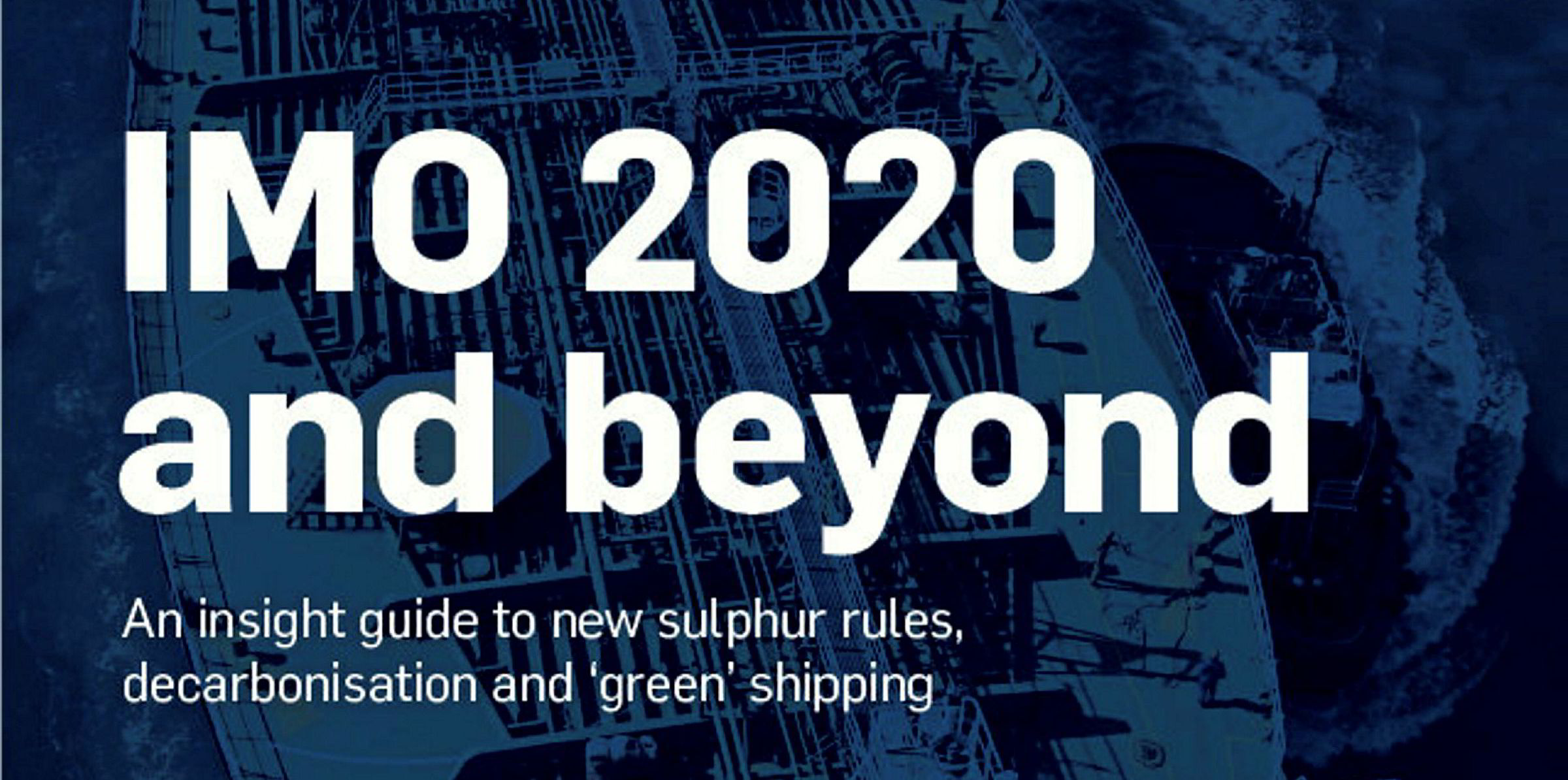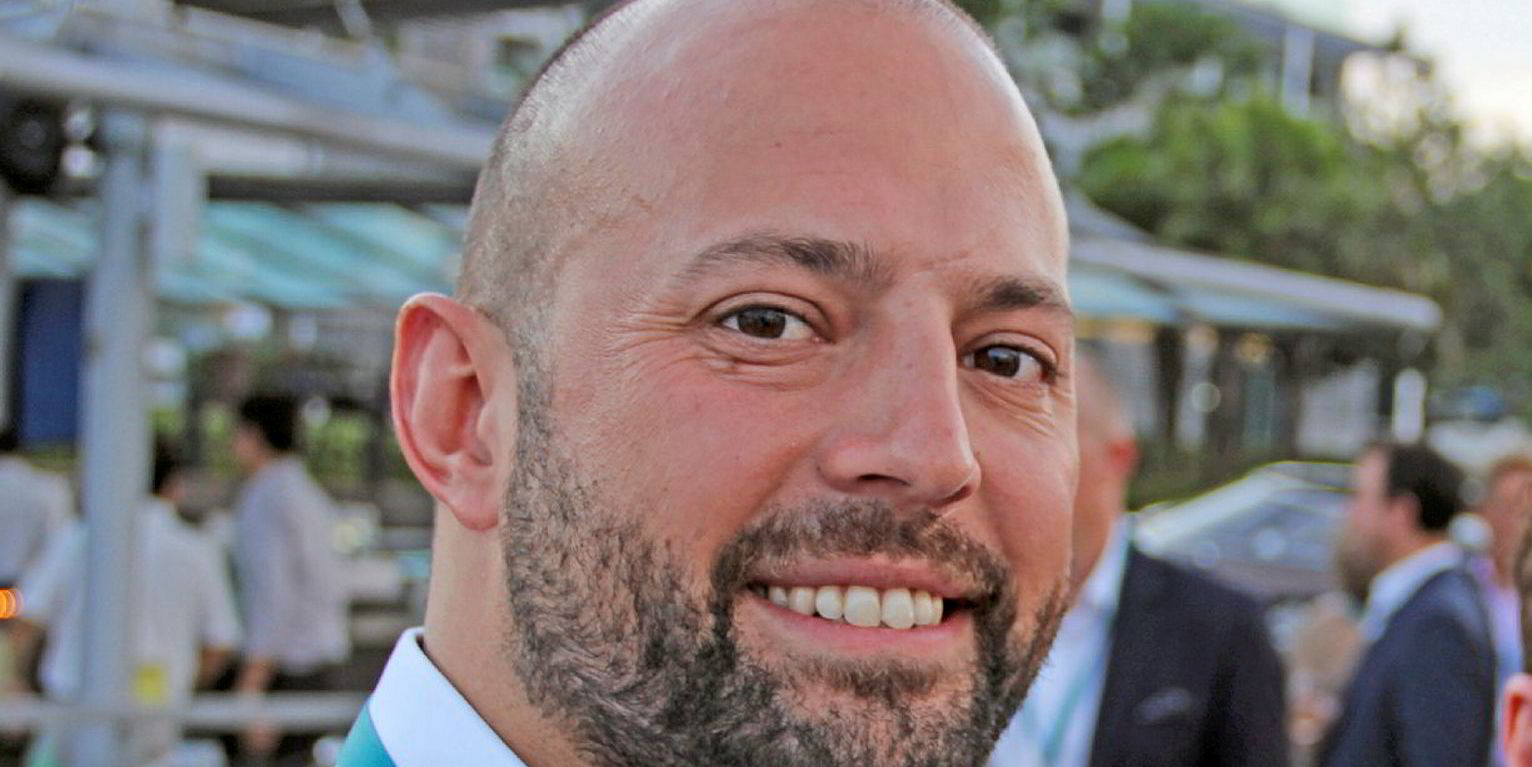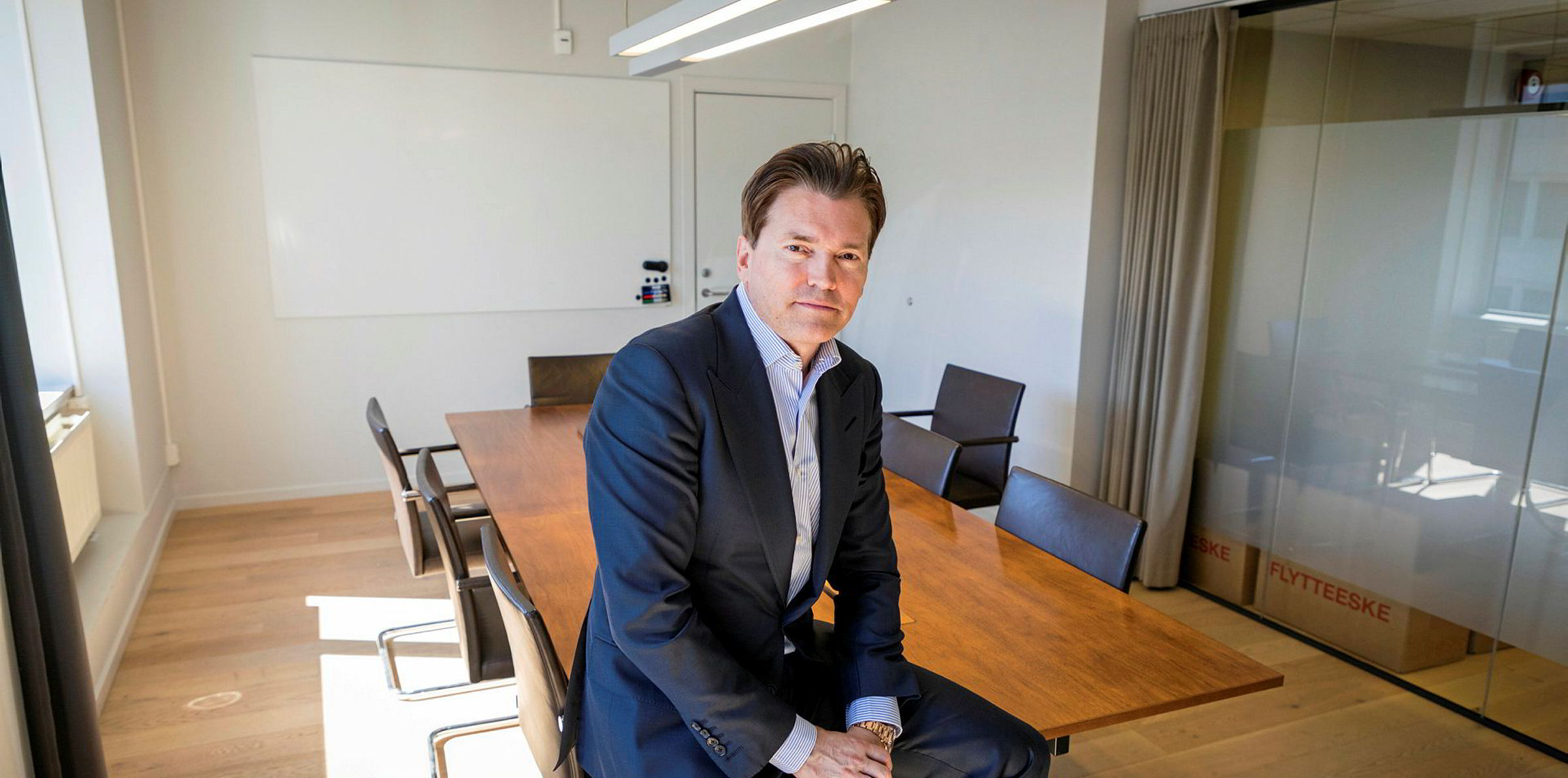Shipping banks' caution in seeking only to lend to the same owners is creating arbitrage opportunities for more and more sale and leaseback financing deals.
This is according to Fearnley Securities' head of asset-backed financing Nicolas Duran.
He told TradeWinds the recent spate of transactions is partly due to lenders "pulling out and if not pulling out, at least wanting to reduce their exposure."
"It's what you could call some sort of flight to quality, with the banks all wanting to lend to the same people," he said.
"There are lots of fairly bankable companies that are not getting any attention from the banks."
This creates a credit arbitrage for companies like Ocean Yield and John Fredriksen's SFL Corporation.
Kjell Inge Rokke's Ocean Yield added to its newcastlemax sector exposure in a sale and bareboat charter back deal with 2020 Bulkers this week.
The Tor Olav Troim-backed bulker owner agreed to sell two of its newbuildings to the Oslo-listed leasing company for $42m per vessel, net of a $5m sellers’ credit.
The acquisition includes a 13-year bareboat charter back to 2020 Bulkers. However, charter details were not reported.
Fearnley Securities advised 2020 Bulkers on the deal.
Longer-term deals
Duran explained that banks now are fairly restrictive in terms of lending only over five years, or seven years for "a select few."
Sale and leasebacks are available over 10 to 15 years.
He added the sector is all about being able to recycle capital.
Shipowners can use leasebacks for new investments like scrubbers and to renew their fleets, or to refinance existing assets, Duran said.
The asset-backed financing team at Fearnley now comprises three people, but it was just Duran on his own two years ago.
"Activity has picked up and we've hired a few more guys. It's gone from something that was very much a side business to something that generates stable income," he said.
"That market is always open, at least for the last five years it's been open, as opposed to the bond market or the equity market where it's a bit more fickle and the window opens and shuts without warning."
As for the Chinese leasing companies and private equity funds involved in the sector, he said: "Their approach is totally different.
"If you look at the Chinese, they started off as a way to deploy capital and put money to work and then it also became a tool to stimulate growth for the yards and keep them busy by supporting orders at those yards.
More opportunistic
"Then it morphed into something more opportunistic. I think you see more and more Chinese leasing companies building assets on speculation or with shorter term charters attached, so now's its become more of an opportunistic play."
He added: "Those players have changed their strategies a few times over the last five years. If Maersk orders a series of 20 ships in China then obviously they're going to support that if they can.
"All of them are having back-leverage to a very large extent to western lenders so the big western shipping banks are funding a lot of the Chinese leasing companies."
Duran added: "And overall that tells me they are not looking to take on a lot of exposure going forward."
Regarding private equity, he said these players have a much higher return hurdle and "they just never seem to be competitive."
"We talk to a number of those players and they end up doing mezzanine loans and junior loans and that type of thing because they struggle to get back-leverage," he said.
Lender of last resort?
"If you're Ocean Yield you can lend out at 80% or 90% LTV at Libor plus 400 to 500 basis points (bps) and then you turn around to the bank who are interested in supporting that type of company and they borrow at maybe 70% LTV and Libor plus 200 bps so it makes a lot of sense and it becomes an arbitrage."
Duran added: "For the private equity players the banks know they're not necessarily long term shipping players so they're not seen to spend their firepower on supporting that sort of player.
"They become a lender of last resort. If you need to fund yourself as a shipowner with that kind of money then you'd really better hope that the pendulum swings and the cycle turns in your favour because it's not sustainable over time to finance yourself at 10% to 15% interest."

Check out TradeWinds Knowledge http://bit.ly/35g4KZ1 , our new research project on IMO 2020 and decarbonisation








